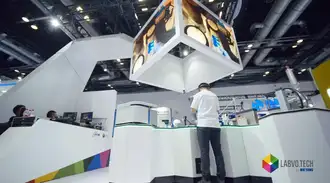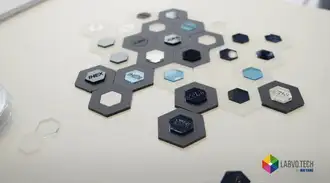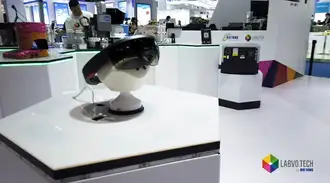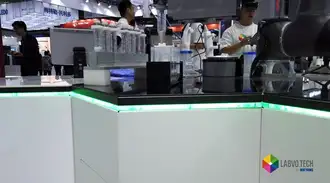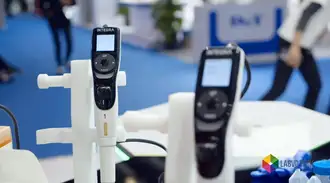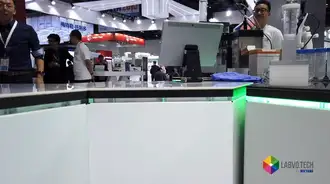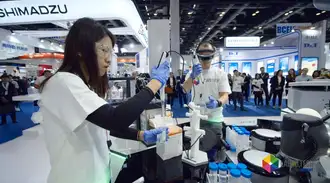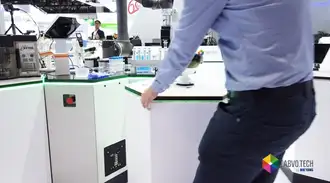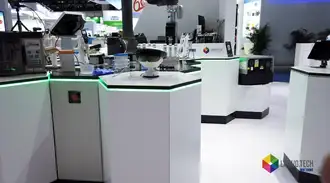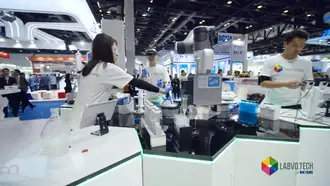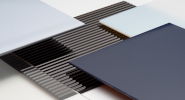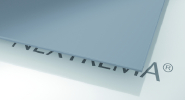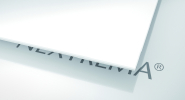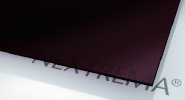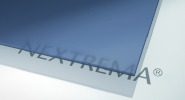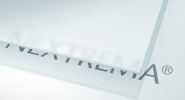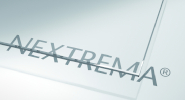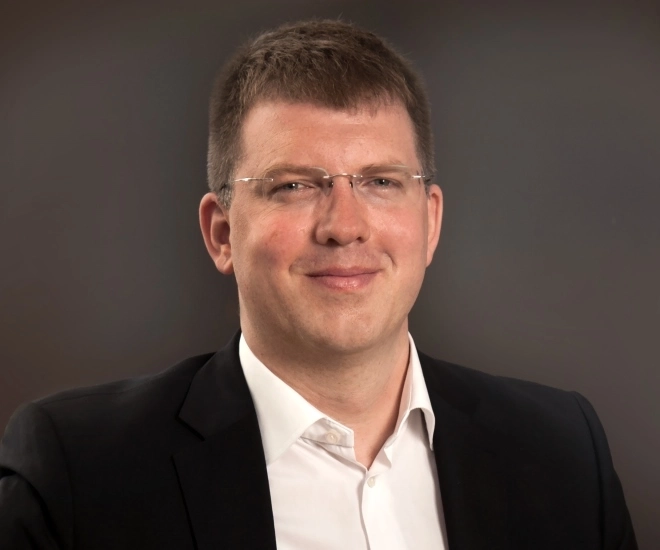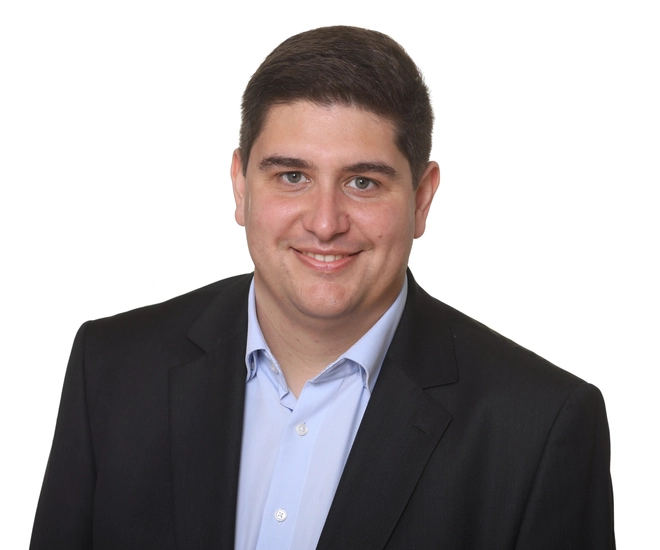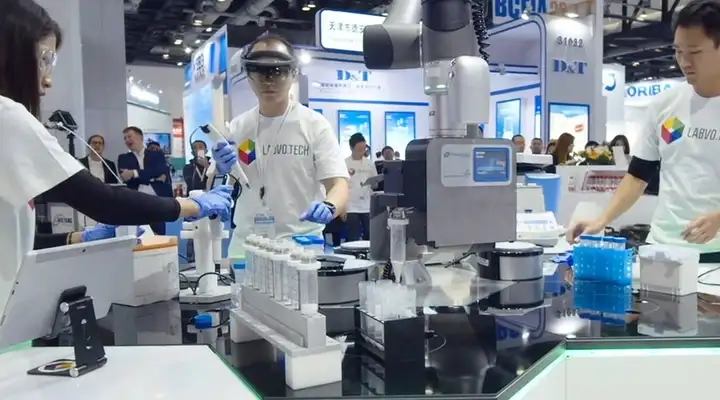
The future belongs to SmartLabs
The laboratory time capsule
The SmartLabs solution
The era of the flexible laboratory is already here. Researchers at TU Dresden have developed a modular SmartLabs solution, featuring a highly adaptable infrastructure for both physico-chemical and bio-technical requirements. This involves the flexible docking of mobile "laboratory combs" with integrated instruments and diverse functional areas to a fixed island bench.
For the laboratory scientist, this enormously reduces the time spent on searching, preparing and following up, which generally takes up 70 % of their working time. The comb concept can also achieve a 33 % higher space gain, creating a third more workspace in the same area.
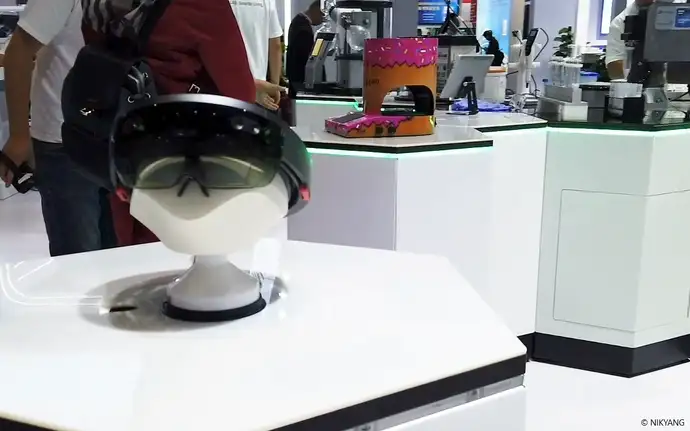
Smart function and modern design
The new comb laboratory environment is digital, miniaturized and automated, using instruments with smart functions. They are intelligently connected via electrical and data links, and are a key part of the whole AI network. In practice, this means a self-designed SmartLabs plug-and-play system.Since the rolling benches must fulfill the high material standards of chemical and biological laboratories, the TU Dresden engineers chose SCHOTT NEXTREMA® for the surfaces. NEXTREMA® glass-ceramic is suitable for all functionalities of the individual honeycomb concerning temperature and chemical resistance, and also offers a modern frameless design, which is ideal for the esthetic honeycomb model.
The benefits of NEXTREMA®
NEXTREMA® offers a wide range of properties, opening up a plethora of solutions and new opportunities for engineers and designers.
2 Applies to NEXTREMA® transparent. Tested by quenching a homogeneously heated NEXTREMA® transparent panel (820°C /1,508°F) with room temperature water (20°C /68°F). Values may differ for other NEXTREMA® variants.
©NIKYANG
The self-design laboratory
The SmartLab laboratory enables companies and institutions of all types and sizes to translate their needs into reality. This custom-made laboratory allows scientists to concentrate on what’s important, expanding as companies move from startup to global organization.With SmartLab’s inventors working on issues such as sustainability, re-use and recycling, this young laboratory solution is ready to come of age and set out towards the future. The first show lab has been implemented at the Hong Kong Science and Technology Park (HKSTP), with more following in Dresden, Duisburg, and Berlin in Germany.
Credentials
Glass made by
SCHOTT
Execution by
Technical University Dresden
Images and Videos: NIKYANG, SCHOTT
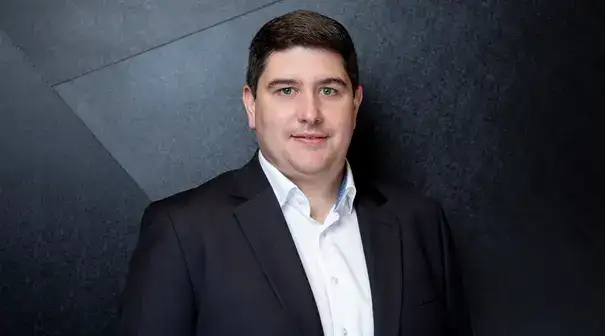
Roberto Perez Castro
Head of NEXTREMA® Product Management






